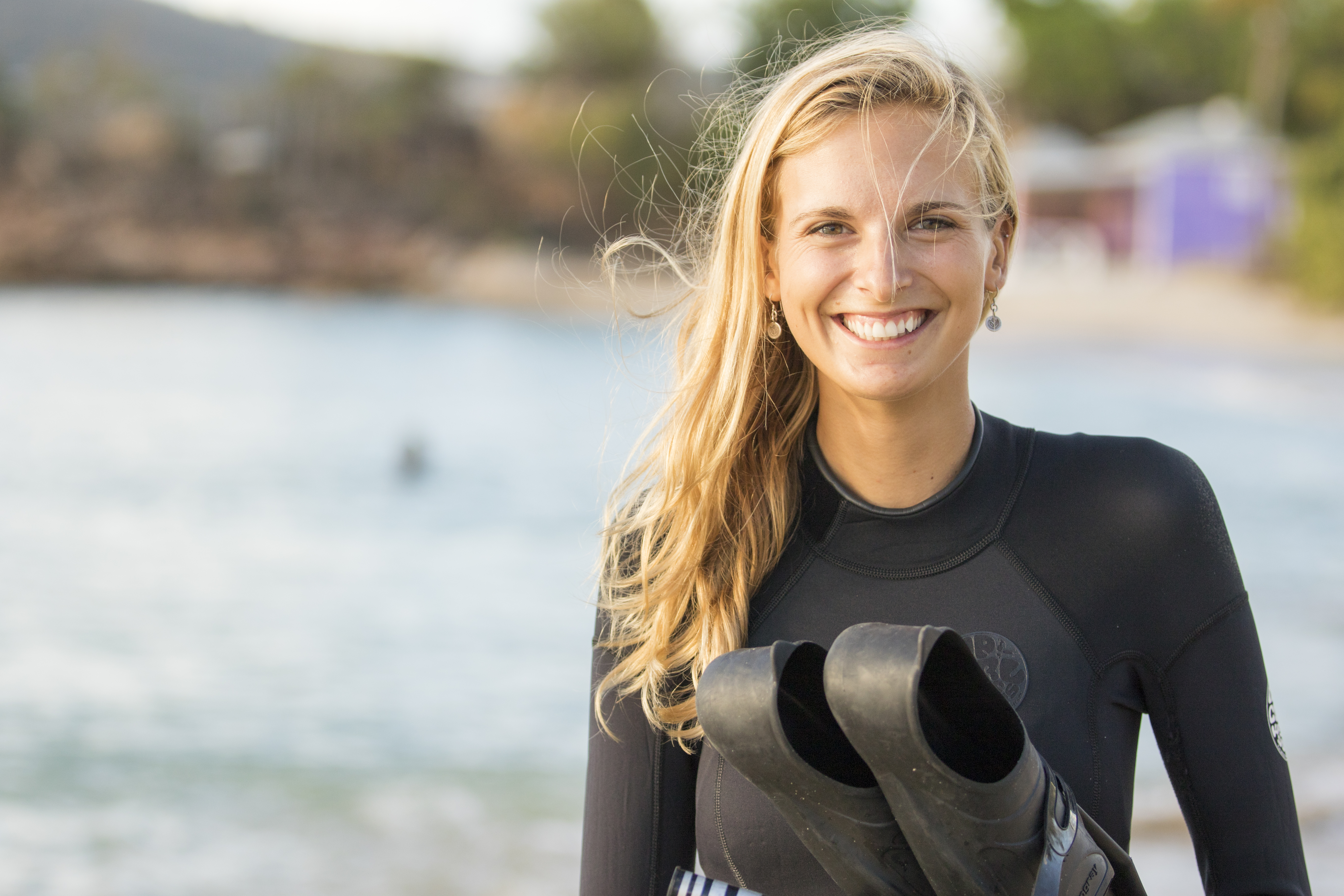Understanding Fish and Fisher Behavior in Coral Reef Ecosystems

PhD Dissertation Defense
Advisors: Benjamin S. Halpern, Steven D. Gaines
Committee: Adrian C. Stier
Abstract
Managing ecosystems in an increasingly human-impacted world requires an understanding of both human behavior and the behavior of other animal species. Human activities can alter animal behaviors that underlie critical ecological processes, while managing human impacts involves shaping human behaviors. Here I integrate social and ecological approaches to increase our understanding of behavior in the context of ecosystem management, with a focus on Caribbean coral reef ecosystems. I begin by developing a comprehensive framework linking human impacts on animal behaviors to ecological consequences across aquatic and terrestrial ecosystems. I establish diverse potential pathways, highlight knowledge gaps, and identify key factors likely to influence ultimate ecological outcomes. I then present a field study investigating keystone herbivore behaviors across different Caribbean coral reef systems. I document significant behavioral variation among sites driven in part by reef condition and present several hypothesized links to human impacts. Lastly, I evaluate the outcomes of efforts to shift fishing behavior away from coral reefs and onto less exploited pelagic resources through a case study of a mixed-gear Caribbean fishery. I show that the use of moored fish aggregating devices (MFADs) has likely enabled more fishers to target exclusively pelagic species, but also has made offshore fishing less accessible to other fishers. These findings suggest the importance of understanding human behavior in modifying human impacts on threatened ecosystems.
Bio
Molly is dedicated to increasing our understanding of human impacts on marine ecosystems and developing effective strategies for managing human activities. With over ten years of experience conducting both social and ecological fieldwork in the Caribbean region, she has focused specifically on understanding herbivore behavior in coral reef ecosystems and evaluating the use of moored fish aggregating devices (MFADs) to transition fishers away from coral reef fisheries.